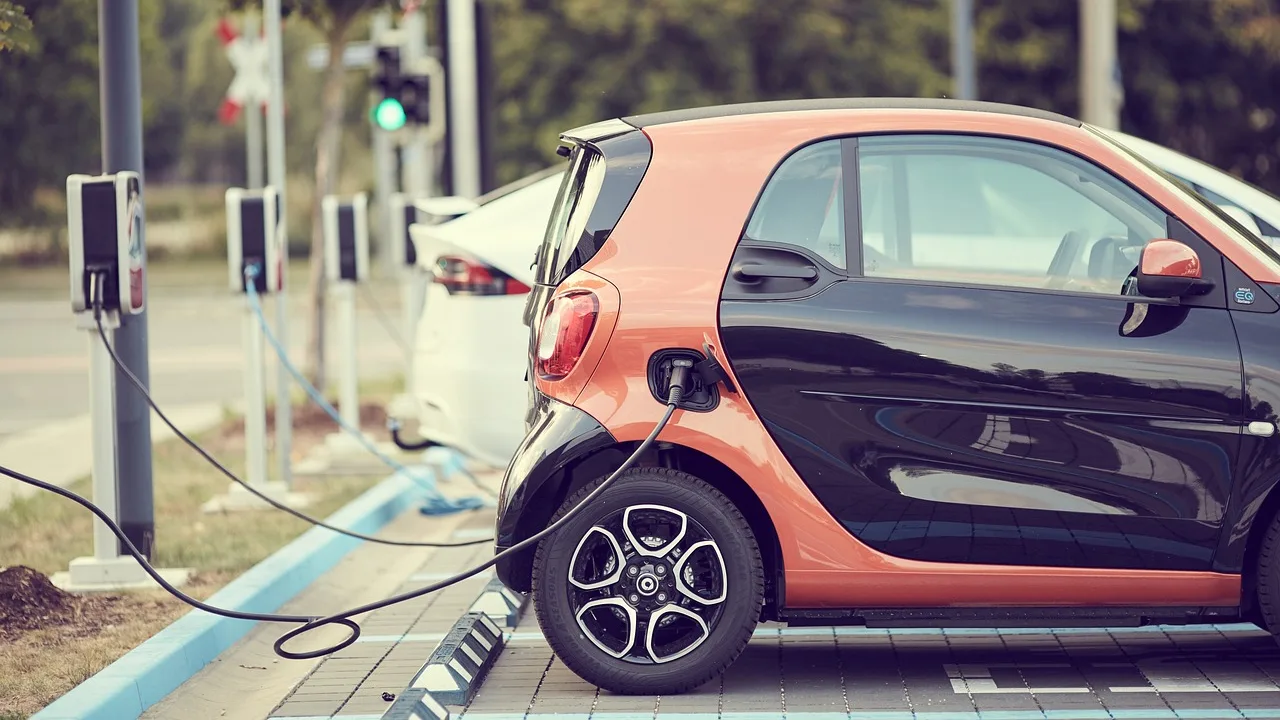This comprehensive analysis delves into the various factors influencing the fuel efficiency of electric vehicles, the methodologies for measurement, and the advancements made in technology over the years. By delving into battery technology, energy management systems, and driving habits, we hope to offer a comprehensive overview of the state and future of fuel efficiency in electric vehicles.
Fuel Efficiency Analysis of Electric Vehicles
Factors Influencing Fuel Efficiency:
Battery Technology:
The heart of any electric vehicle is its battery system. Advances in battery technology play a pivotal role in determining the fuel efficiency of electric vehicles. Variations in energy density, cycle life, and charging speed affect the vehicle’s overall efficiency.
Energy Management Systems:
Sophisticated energy management systems (EMS) are crucial for optimizing the performance of electric vehicles. These systems regulate the power flow between the battery, electric motor, and other components, ensuring efficient energy utilization.
Aerodynamics and Vehicle Design:
The aerodynamic design of an electric vehicle significantly affects its energy consumption. Streamlined shapes and lightweight materials contribute to reduced drag, enhancing overall fuel efficiency.
Regenerative Braking:
Regenerative braking systems turn deceleration energy into electricity by storing and capturing it. This feature improves fuel efficiency by recycling energy that would otherwise be lost as heat in traditional braking systems.
- Why Toyota Engines Last Longer -The Real Reason Behind Legendary Reliability
- Are Lexuses Really Cheaper to Maintain Than BMW or Mercedes
- The Most Reliable Cars for Long-Term Ownership
- Top 10 Most Popular Cars of 2025
- The Most Fuel-Efficient Cars of 2025
Tire Efficiency:
Tire design and inflation levels influence rolling resistance, which, in turn, impacts energy consumption. Optimizing tire efficiency is a critical factor in enhancing the overall fuel efficiency of electric vehicles.
Methodologies for Measuring Fuel Efficiency:
Standardized Testing:
Governments and automotive organizations employ standardized testing procedures to evaluate the fuel efficiency of electric vehicles. Commonly utilized techniques include the Environmental Protection Agency’s (EPA) testing and the Worldwide Harmonized Light Vehicle Test Procedure (WLTP).
Real-World Driving:
While standardized tests provide controlled conditions, real-world driving patterns can vary significantly. Some argue that real-world driving data offers a more accurate representation of actual fuel efficiency, considering diverse driving scenarios and environmental conditions.
Simulation Models:
Computer-based simulation models have gained prominence in assessing electric vehicle fuel efficiency. These models simulate various driving conditions, allowing researchers to analyze the impact of different factors on energy consumption.
Technological Advancements in Electric Vehicle Fuel Efficiency:
Next-Generation Batteries:
Continual research and development in battery technology aim to enhance energy density, reduce charging times, and prolong battery life. Solid-state batteries, for example, show promise in addressing some of the limitations of current lithium-ion batteries.
Advanced Energy Management Systems:
The evolution of energy management systems involves the integration of artificial intelligence and machine learning algorithms. These systems adapt to individual driving patterns, weather conditions, and terrain, optimizing energy usage for improved fuel efficiency.
Lightweight Materials and Structural Innovations:
Innovations in materials, such as carbon fiber and aluminum, contribute to reducing the weight of electric vehicles. Lighter vehicles require less energy to move, positively impacting fuel efficiency.
Wireless Charging Technology:
Efforts are underway to develop efficient wireless charging technologies that integrate with the infrastructure. It enhances fuel efficiency by encouraging constant charging and making the user’s experience more convenient.
Impact of Driving Patterns on Electric Vehicle Fuel Efficiency:
City vs. Highway Driving:
Electric vehicles often exhibit better fuel efficiency in city driving conditions due to frequent opportunities for regenerative braking. However, highway driving at higher speeds may lead to increased energy consumption.
Climate Conditions:
Extreme temperatures and weather conditions can affect the efficiency of electric vehicle batteries. Cold weather, for instance, may reduce battery performance, impacting overall fuel efficiency.
Driver Behavior:
Driving habits, such as aggressive acceleration and braking, significantly influence electric vehicle fuel efficiency. Education and awareness campaigns targeting drivers can contribute to more eco-friendly driving practices.
Current State and Future Prospects:
Market Trends:
The electric vehicle market has witnessed exponential growth in recent years. As technological advancements continue, electric vehicles are becoming more accessible, and consumers are increasingly embracing them as a viable mode of transportation.
Policy and Regulatory Landscape:
Governments worldwide are implementing policies to encourage the adoption of electric vehicles. Incentives, subsidies, and stringent emission standards play a crucial role in shaping the future of electric vehicle fuel efficiency.
Challenges and Opportunities:
Even with significant advancements, issues like battery disposal, charging infrastructure, and sustainable production still exist. Addressing these challenges presents opportunities for further innovation and collaboration across industries.
Future Technological Developments:
Improved battery technologies, more extensive infrastructure for charging, and innovations in vehicle-to-grid (V2G) technology are among the anticipated developments. These developments are poised to redefine the landscape of electric vehicle fuel efficiency.
The fuel efficiency of electric vehicles is a multifaceted subject influenced by various technological, environmental, and behavioral factors. As the automotive industry continues its transition towards electrification, understanding and enhancing the fuel efficiency of electric vehicles remain pivotal for achieving a sustainable and eco-friendly transportation future. This comprehensive analysis has provided insights into the current state of electric vehicle fuel efficiency, the factors influencing it, and the promising advancements that will shape the future of sustainable transportation.
